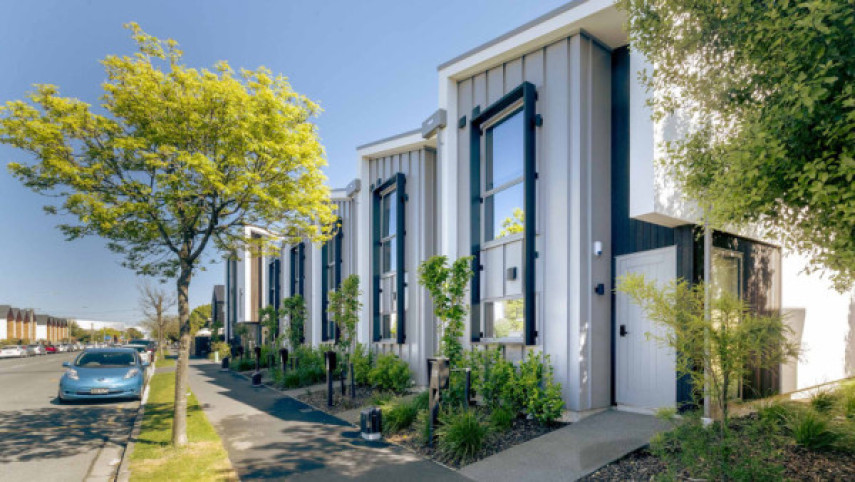Improving affordability and meeting the needs of the changing population
The GCP collectively is tackling NZ’s pervasive housing affordability crisis with the implementation of the joint Housing Action Plan.
The plan recognises that the adverse social and economic outcomes of insufficient, inappropriate, inadequate and unaffordable housing are apparent in Greater Christchurch; problems that can only be tackled collectively.
The GCP is using its combined levers and resources to improve the provision of quality, affordable housing in suitable locations and improved housing choices. Intervention in the market is needed if a different and better outcome is to be achieved.
There is no single silver bullet. Housing unaffordability is a dynamic, interrelated issue requiring a collective approach. We are looking under every rock for solutions, and our partners – central government, local and regional government, and mana whenua – each have tools at their disposal that could help improve affordability and contribute to realising the aspirations of the Spatial Plan.
Specifically in Greater Christchurch, there are four significant gaps in the market:
- Emergency/transitional housing. In May 2024 there are 336 adults and 357 children in Greater Christchurch in emergency housing (Source MSD(external link)).
- Social housing. In March 2024 there were 2500 households on the MSD waiting list in Christchurch City, 103 in Waimakariri and 78 in Selwyn (Source: HUD(external link)).
- Affordable housing – rentals and progressive home ownership (in March 2024 there were 26,382 people in CCC, 2,475 in SDC and 3,480 receiving the Accommodation Supplement (Source: MSD(external link)).
- Typologies that match the changing demographic demand: the supply-side predominance of 3-4 bedroom homes contributes to the under-utilisation of housing; while in Christchurch, smaller houses are being built but at a price well above the affordability threshold for low- and modest-income households (source: Foy, R. (2023), Social Impacts of Housing Intensification: Research Review - CCC, 2023: 29.
The status quo is leading to rising housing unaffordability. This is compounded by the unregulated market for short-term rentals. It is further compounded by unprecedented migration, which also fuels rental inflation.

